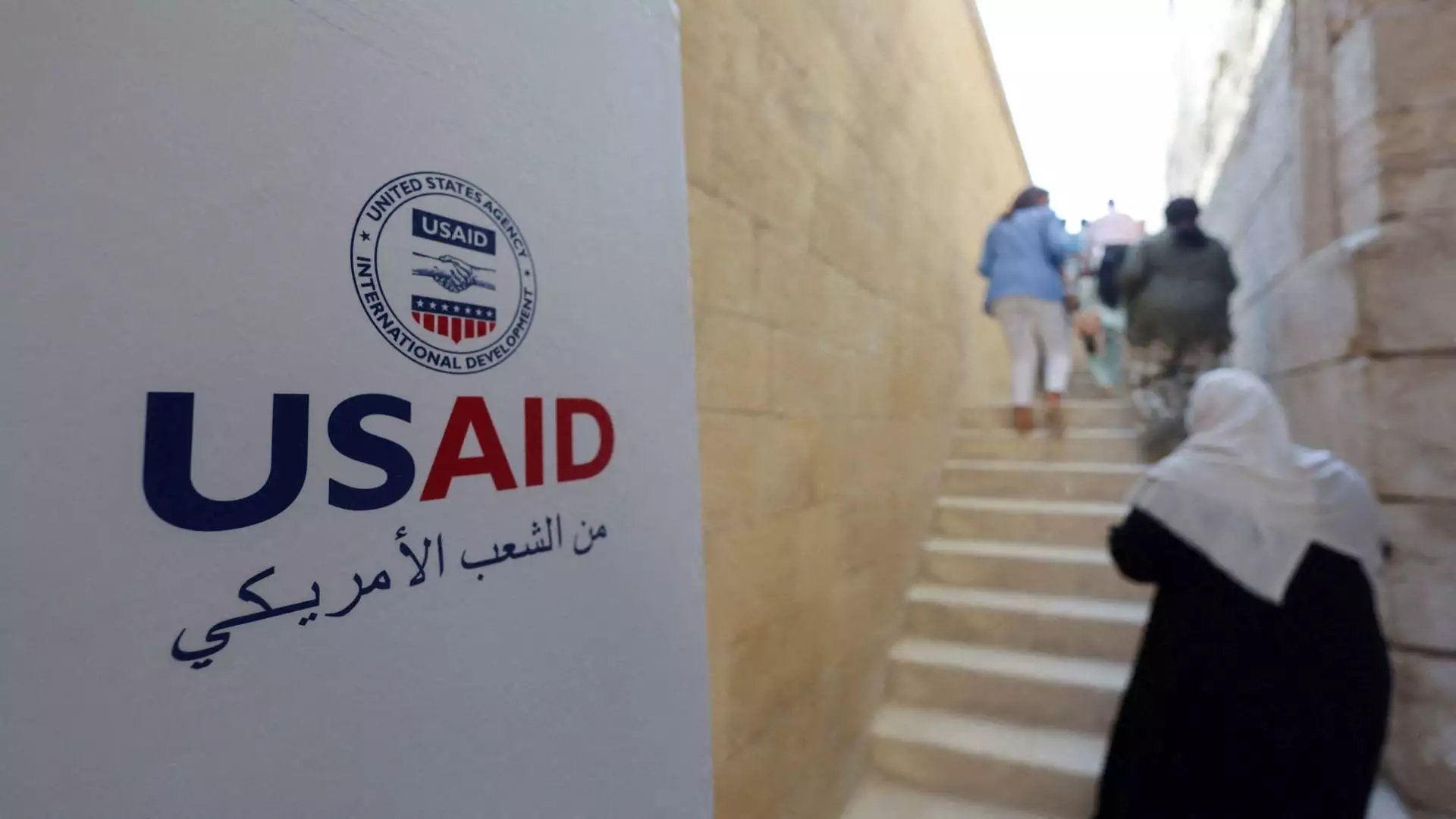The recent turmoil unfolding within the U.S. Agency for International Development (USAID) highlights a crisis of governance and trust within a foundational element of American foreign aid infrastructure. Administrative leaves and accusations of misconduct at the agency culminated in tumult, as security officials faced serious conflicts with a team from the Department of Government Efficiency (DOGE). This article analyzes the repercussions of these events, the implications for agency operations, and the broader questions that arise regarding organizational integrity in a politically charged atmosphere.
The situation escalated dramatically on a Saturday when USAID Director of Security John Voorhees and his deputy, Brian McGill, were placed on administrative leave. This action stemmed from their attempt to restrict access to secure USAID systems by DOGE employees, who sought entry to classified materials within the agency’s personnel files and security data. Three sources reported that some individuals from DOGE were not cleared for access to these sensitive systems, raising alarm about the disregard for established security protocols.
Katie Miller, a GOP strategist who previously served in the Trump administration, defended the integrity of the USAID system on social media, stating emphatically that “no classified material was accessed without proper security clearances.” This declaration illustrates a contentious back-and-forth, challenging the professionalism of the affected parties and raising suspicions about the DOGE’s motives. Security breaches increasingly dominate discourse around government operations, reminiscent of the pressing vulnerability to unauthorized access that threatens information integrity in the digital age.
The tensions reached a boiling point when DOGE employees, frustrated by being denied access, allegedly resorted to intimidation tactics— threatening to involve the U.S. Marshals. Such behavior, if accurate, underscores a disturbing divide between competing branches of government and indicates a willingness to employ aggressive strategies in organizational conflicts. Eventually, DOGE employees gained access; however, the specifics of the information they retrieved remain shrouded in uncertainty.
Following these events, Elon Musk, a strong supporter of the Trump agenda and a co-head of DOGE, made inflammatory comments calling for the dismantling of USAID, labeling it a “criminal organization.” This incendiary statement exemplifies Musk’s penchant for disruptive rhetoric and raises questions about the ethics of his leadership and influence over federal policies. Such assertions can easily degrade public trust in governmental agencies and exacerbate the divisions that plague American politics.
Adding further complexity, more than a dozen sources have indicated that Trump administration officials are considering shifting USAID under the purview of the State Department— a move that critics argue would transgress the legislative boundaries established by Congress when forming the agency. This maneuver reflects the escalating levels of political manipulation targeting agencies perceived as oppositional or bureaucratically cumbersome.
In the wake of these administrative shifts, operations within USAID have faced significant disruption. Furloughs and dismissals have affected over 1,300 employees, decimating the workforce responsible for global health and humanitarian assistance. A source stated that “No one feels safe to go anywhere near the Ronald Reagan building,” signaling pervasive fear and uncertainty among staff. The palpable discontent and anxiety reflect a collapsing work environment, which could ultimately compromise the effectiveness of U.S. foreign aid endeavors that are often already embroiled in controversy and skepticism.
Evaluating the ongoing crisis at USAID reveals a multifaceted problem extending beyond personal rivalries and power struggles. At the core lies a contraction in administrative transparency and ethical accountability that jeopardizes the mission of USAID and undermines its credibility as a vital entity in global affairs. As the situation continues to develop, it becomes increasingly critical to emphasize integrity, clear communication, and compliance with established protocols to restore trust and efficacy in agency operations. The future of USAID and its role in international aid hangs in the balance, raising important questions about how governance, security, and politics must evolve to meet the demands of modern governance challenges.

Leave a Reply